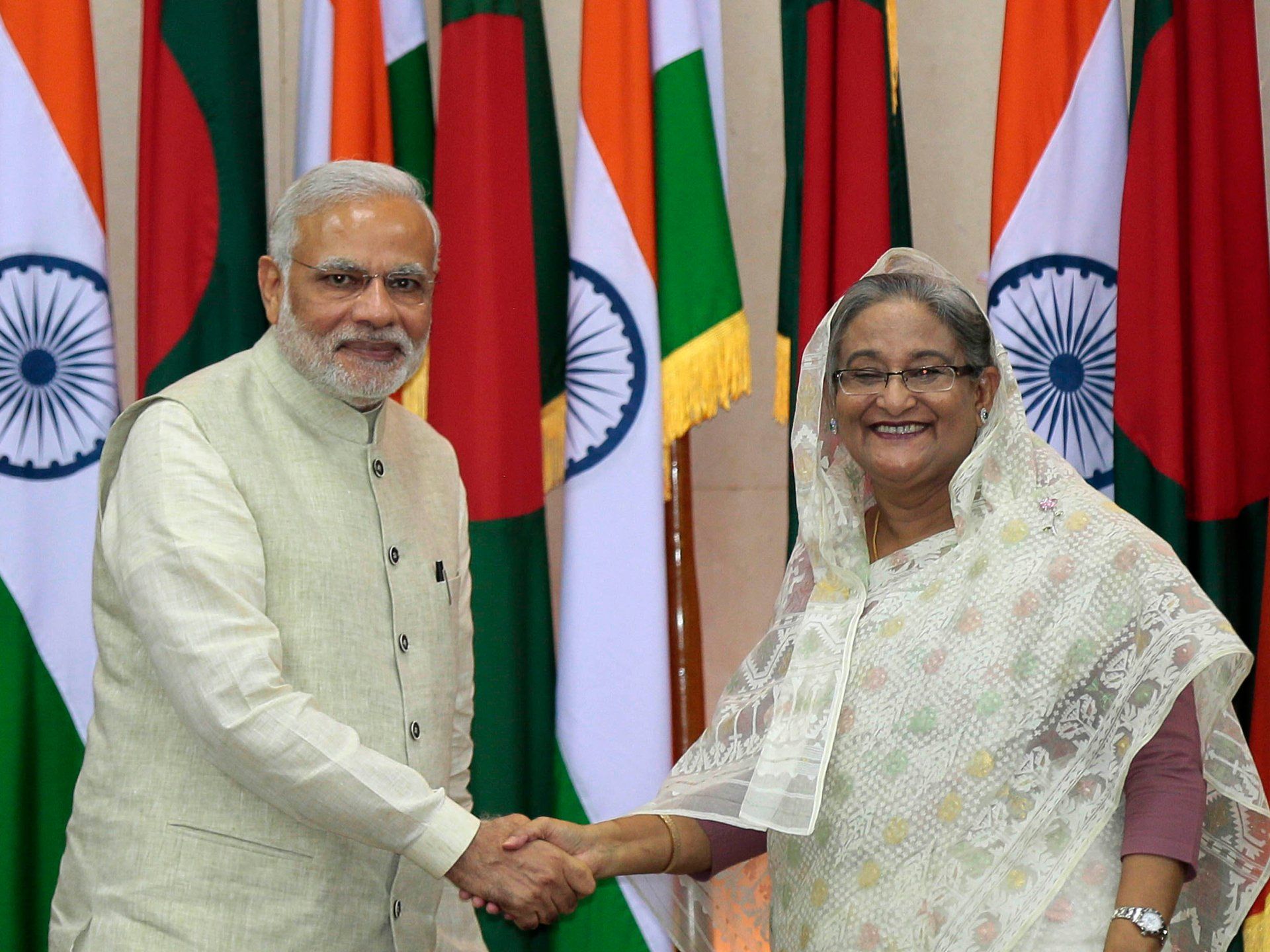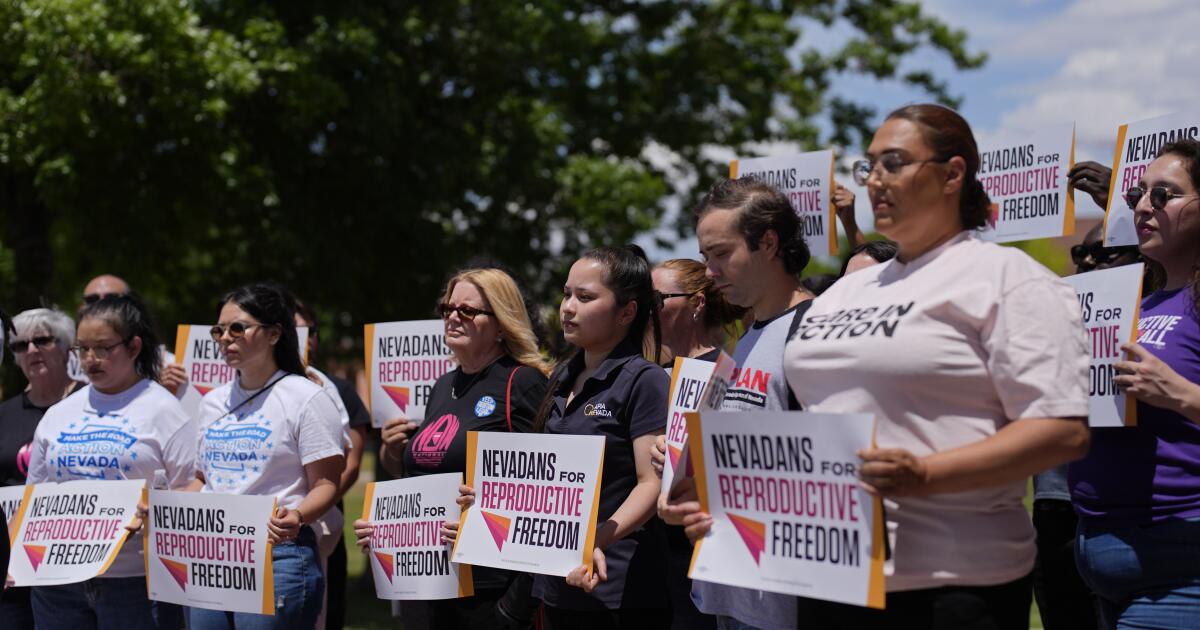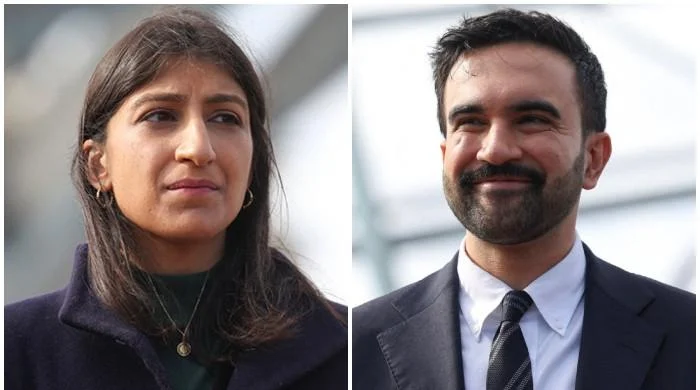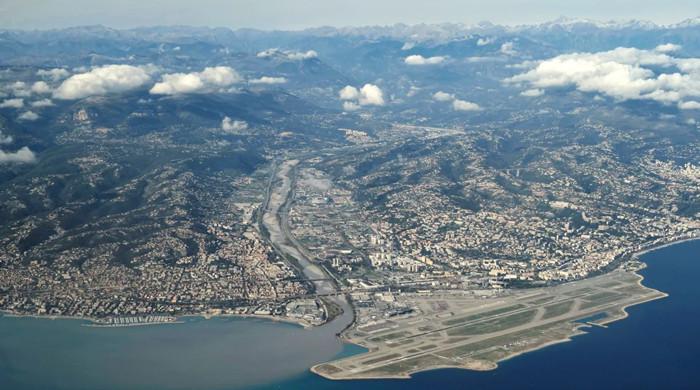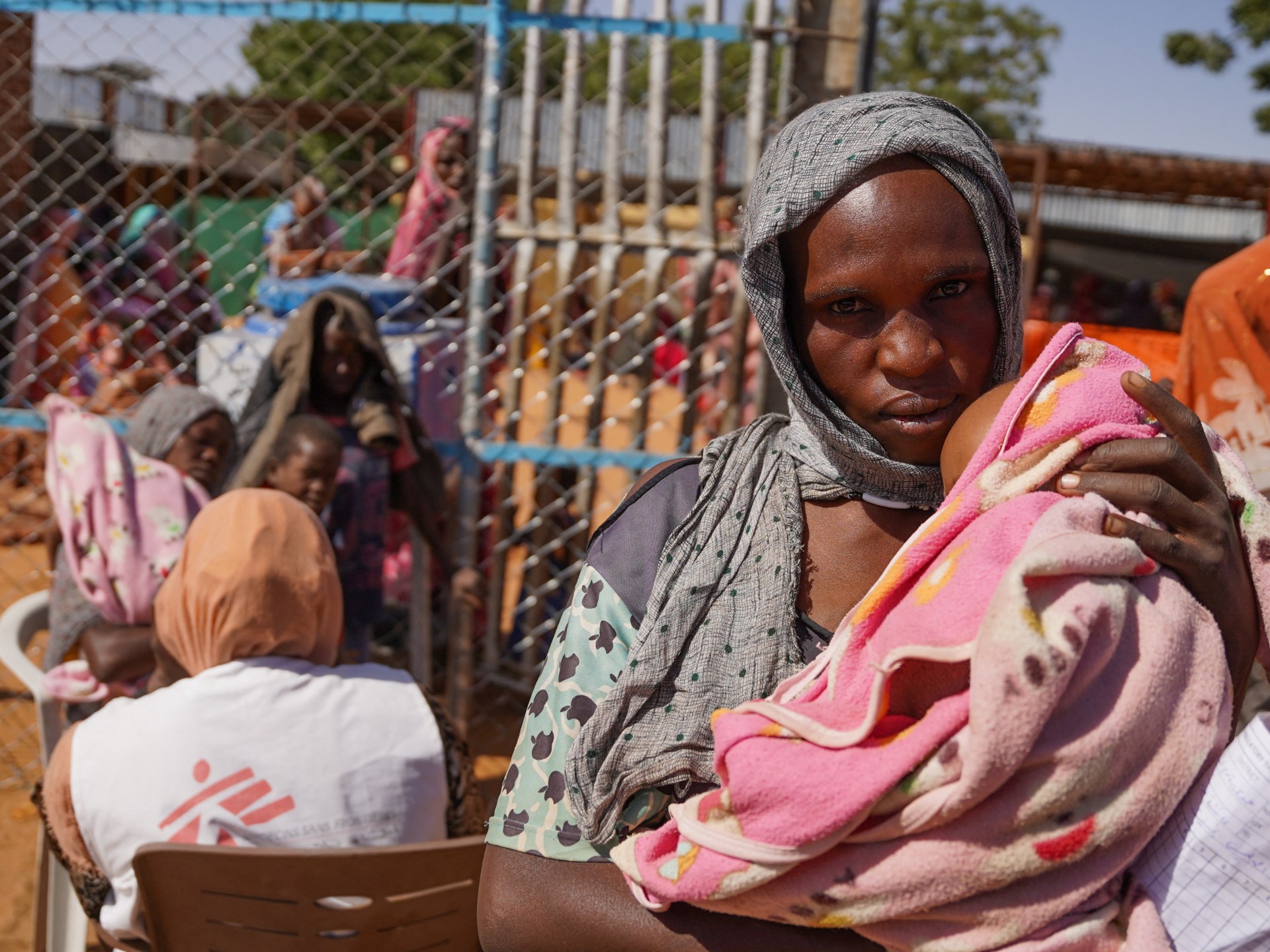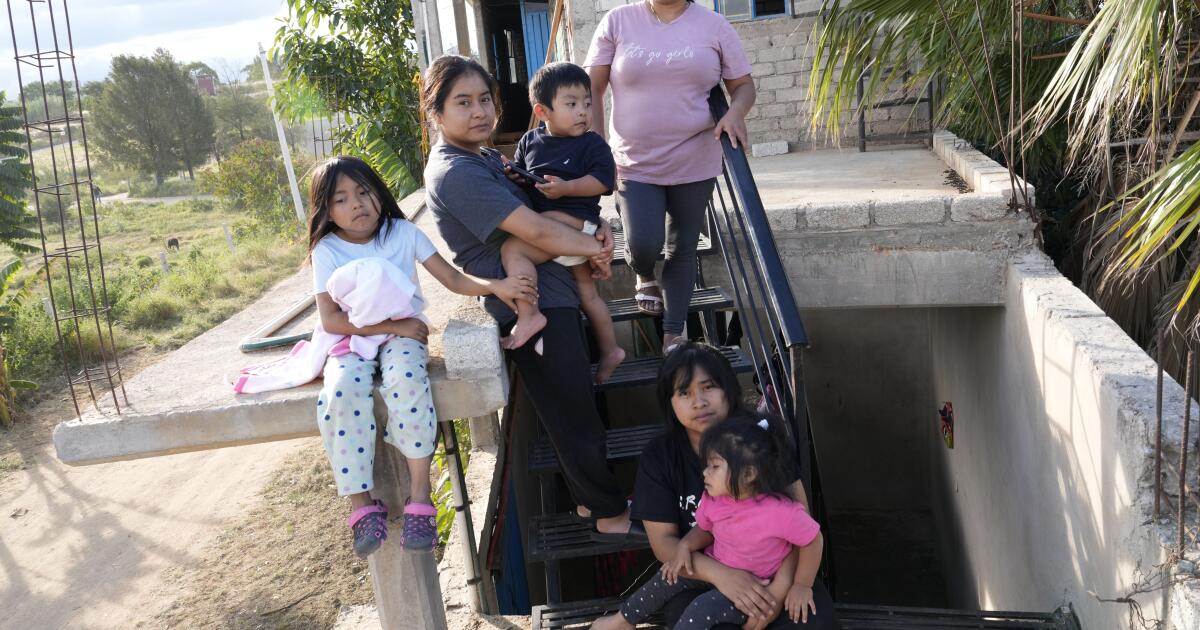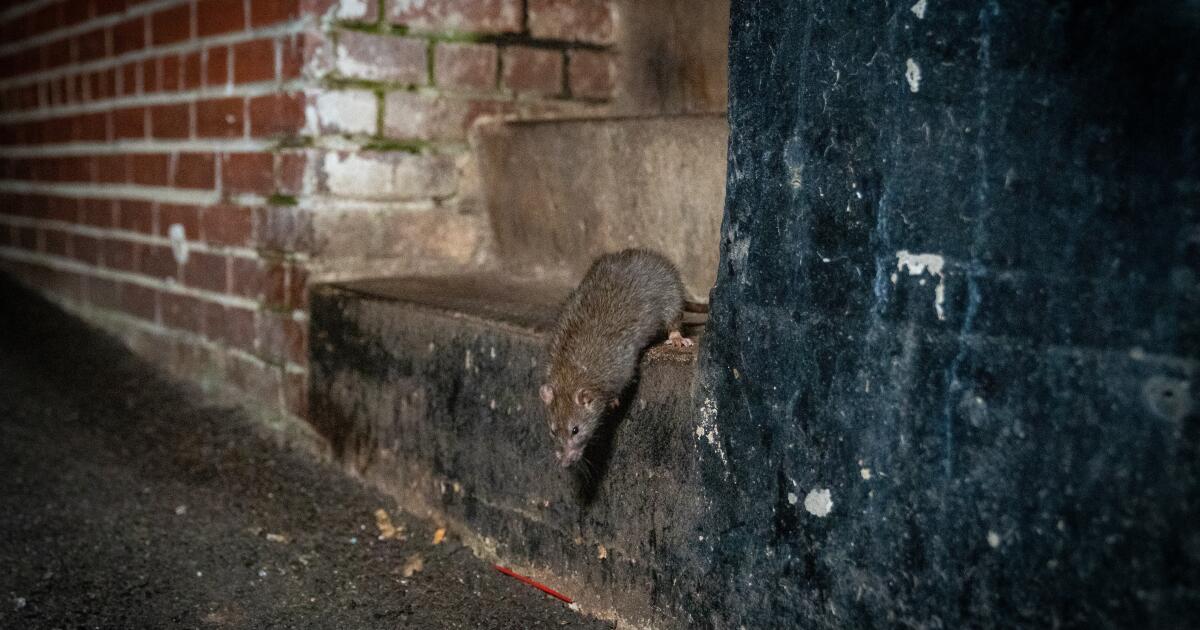When ousted Bangladeshi Prime Minister Sheikh Hasina fled Dhaka in a military helicopter on August 5 following weeks of deadly protests against her rule, there was little doubt about where she was headed.
India has been a strong supporter of Hasina and is where she spent many years in exile after nearly her entire family was killed in 1975.
When Hasina landed at an air base near New Delhi, she was greeted by none other than Ajit Doval, the head of India's security establishment who oversees the external intelligence agency, the Research and Analysis Wing (RAW), which has been accused of meddling in the internal affairs of Bangladesh and other neighbouring countries.
Hasina resigned after weeks of protests in which nearly 300 people died. According to local media, she is seeking asylum in the West and will probably stay in India “for a while.”
Bangladesh is currently run by an interim government led by Nobel Peace Prize-winning economist Muhammad Yunus.
There are already signs of a chill between the two neighbouring countries following Hasina's resignation. Following her departure, non-essential staff of the Indian High Commission have been withdrawn from Bangladesh, according to local Indian media.
Reverse
The events leading to Hasina's ouster are seen as a major setback for India, which had strong diplomatic and trade relations with Dhaka under Hasina's rule, and in which India had invested heavily in recent years.
Hasina had been a valuable ally who helped undo, to some extent, the security, logistical and political nightmare created by the partition of India and Pakistan in 1947.
After partition, East Pakistan lay to the east of India, later renamed Bangladesh in 1971 following a bloody war of independence led by Hasina's father, Sheikh Mujibur Rahman.
Following the birth of Bangladesh with the help of India, challenges grew for the country as the new nation oscillated between a secular democracy and an Islamic republic like Pakistan.
India has always perceived any shift towards Pakistani values as a threat.
In the late 1970s, India was facing a national security challenge with a Zia on the left and a Zia on the right, i.e. Pakistan under General Zia-ul-Haq and Bangladesh led by General Ziaur Rahman.
Rahman, founder of the Bangladesh Nationalist Party (BNP), was assassinated in 1981. His wife Khaleda Zia ruled the country sporadically until 2006. It was a great relief for India when in 2009 Hasina and her party, the Awami League, which stood for a secular democracy where minorities such as Hindus, the largest minority faith in Bangladesh, felt protected, came to power.
Over the past 15 years, Hasina has rebuilt roads linking Dhaka to Calcutta and Agartala in India that had been cut off after 1947. She has built bridges, restored rail links and eased access for cargo ships along the Brahmaputra River and its tributaries, bringing the two countries closer together. Security cooperation has increased between India and Bangladesh, and Hasina has helped India put down rebellion in the northeastern Indian state of Assam by refusing to provide safe haven to rebels across the border.
Proximity between neighbors
Although Hasina also had an excellent relationship with China, she managed to convey to India that its interests came first. Recently, for example, she had said that she preferred India over China for a $1 billion river development project.
However, what really brought India and Bangladesh closer together was a deal reached between Hasina's government and India's Adani Group in the energy sector.
The deal would allow Bangladesh to receive coal-fired power from a $1.7 billion plant in Jharkhand, India. But the deal raised concerns within the opposition that Bangladesh would pay higher rates than it would pay for other sources.
There was also concern about the deal as any deal with Adani would also be seen as a way to curry favour with Indian Prime Minister Narendra Modi.
“It was not a secret for the LA [Awami League] that Adani was closely tied to Indian Prime Minister Narendra Modi, and a trade deal that favored Adani would ultimately bring Modi political favor to [the] “The AL government,” Saimum Parvez, a researcher at the political science department at Vrije University in Brussels, told Al Jazeera in 2023.
An ally clinging to power
India therefore recognised the importance of protecting its valued ally, Hasina, and her government in Dhaka.
In January, there were accusations of Indian interference in Bangladesh's elections to keep Hasina in power.
Hasina had become increasingly authoritarian, arresting and attacking opposition members and cracking down on dissent and freedom of expression.
Many observers, including those in the United States, said the election was “neither free nor fair” since the main opposition BNP did not participate.
When Hasina won a fifth term in office in disputed elections, India, along with Russia and China, congratulated her on her victory.
When a Bangladeshi student protest against work quotas for the families of freedom fighters turned violent and escalated into a nationwide call for his resignation, authorities responded with a harsh crackdown.
Indian security experts told this reporter on condition of anonymity that the Indian security establishment thought Hasina and her control over the military would ensure that the unrest did not spiral out of control.
However, there were times when India tried to reach out to the opposition so that it would not be caught off guard in case Hasina's government was toppled. But, according to sources who spoke to the Indian Express newspaper, Hasina did not allow any Indian high commissioner to speak to BNP leader Khaleda Zia. Hasina was apparently jealously protective of not only her friends but also the people they spoke to.
Crucial moment
What many strategic security experts Al Jazeera spoke to, including those in the diplomatic community, were reluctant to say was that much of the damage done to India's interests was of its own making.
That is, since India's foreign policy is driven by the same forces that are trying to transform the country from a secular democracy based on a constitution to one guided by the Hindu faith, New Delhi has been losing friends.
In 2021, when Modi visited Dhaka, protests against the prime minister erupted, leaving at least 12 people dead. Bangladeshis were protesting against anti-Muslim discrimination in India and policies such as a controversial law that allows a path to citizenship for minorities but excludes Muslims.
“This was the turning point in our relationship with Bangladesh,” a retired intelligence official who declined to be named said last week. “The local people were simply put off by India’s move away from constitutional secularism.”

What will India do?
At first glance, the biggest concern for the Indian diplomatic establishment would be the return of a right-wing BNP government led by Khaleda Zia in Bangladesh that could try to marginalize the Awami League. There are fears that such a government could hurt the Hindu minority, which makes up about 8 percent of the country of 170 million people and traditionally supports the Awami League.
Some Indian media outlets have been spreading claims that Pakistan and China were behind the protests, as well as exaggerating the scale of attacks on Hindu minorities in the wake of the protests. Anti-Muslim coverage has fueled the narrative that Pakistan wants to turn Bangladesh – a Muslim country that upholds secular principles – into an Islamic state.
Al Jazeera has independently confirmed that since Hasina's ouster, two Hindus have been killed – a policeman and an Awami League activist – and that several Hindu homes in the country have been attacked and ransacked. A Hindu leader told Al Jazeera that the attacks have been politically, not communally, motivated.
However, there have been numerous reports of attacks on Hindu homes, temples and businesses. The interim cabinet said in its first official statement on Sunday that the attacks “have been observed with grave concern.” It added that it “will immediately meet with representative bodies and other concerned groups to find ways to resolve these heinous attacks.”
Student protesters in Bangladesh are trying to prove that fears of religious violence are unfounded by protecting Hindu temples and homes from vandalism. Instagram is filled with photos of young students guarding shrines in Dhaka and elsewhere in the country.
But any violence directed against Hindus would only help hardliners in India's ruling BJP, who can claim that Hindus and Muslims cannot live together and justify the introduction of the citizenship law.
India has a lot at stake with Bangladesh, including annual trade worth $13 billion. The countries were also set to begin talks for a free trade agreement.
Now that Hasina has lost power, India has lost influence in the country and would prefer no elections for now. That may not happen now that opposition BNP leader Tarique Rahman is in exile and will return to Bangladesh, according to his party.
“The time-tested diplomatic response to this situation should be that we are waiting and watching to see how things develop and reiterate our friendly sentiments towards the people of a close and important neighbour,” Shyam Saran, former foreign secretary, said in an article published in the Indian Express newspaper.
Indian political parties are largely in agreement with the government on this issue. At an all-party meeting, the government was given a free hand to address the situation in Bangladesh. The big question is: Does the Indian government have any idea what to do next in Dhaka?

